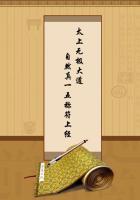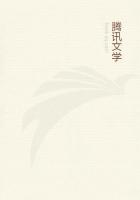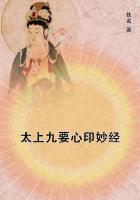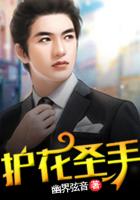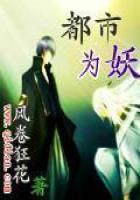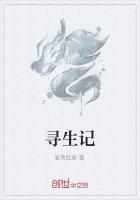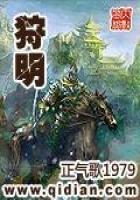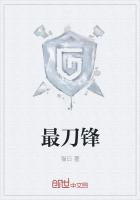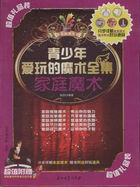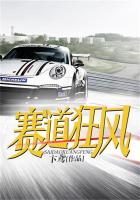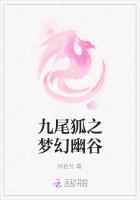IN the autumn of 1901 my father was attacked by persistent feverishness, and the doctors advised him to spend the winter in the Crimea. Countess Panina kindly lent him her Villa Gaspra, near Koreiz, and he spent the winter there.
Soon after his arrival, he caught cold and had two illnesses one after the other, enteric fever and inflammation of the lungs.
At one time his condition was so bad that the doctors had hardly any hope that he would ever rise from his bed again. Despite the fact that his temperature went up very high, he was conscious all the time; he dictated some reflections every day, and deliberately prepared for death.
The whole family was with him, and we all took turns in helping to nurse him. I look back with pleasure on the nights when it fell to me to be on duty by him, and I sat in the balcony by the open window, listening to his breathing and every sound in his room. My chief duty, as the strongest of the family, was to lift him up while the sheets were being changed. When they were making the bed, I had to hold him in my arms like a child.
I remember how my muscles quivered one day with the exertion.
He looked at me with astonishment and said:
"You surely don't find me heavy? What nonsense!"
I thought of the day when he had given me a bad time at riding in the woods as a boy, and kept asking, "You're not tired?"
Another time during the same illness he wanted me to carry him down-stairs in my arms by the winding stone staircase.
"Pick me up as they do a baby and carry me."
He had not a grain of fear that I might stumble and kill him.
It was all I could do to insist on his being carried down in an arm-chair by three of us.
Was my father afraid of death?
It is impossible to answer the question in one word. With his tough constitution and physical strength, he always instinctively fought not only against death, but against old age. Till the last year of his life he never gave in, but always did everything for himself and even rode on horseback.
To suppose, therefore, that he had no instinctive fear of death is out of the question. He had that fear, and in a very high degree, but he was constantly fighting to overcome it.
Did he succeed?
I can answer definitely yes. During his illness he talked a great deal of death and prepared himself for it firmly and deliberately. When he felt that he was getting weaker, he wished to say good-by to everybody, and he called us all separately to his bedside, one after the other, and gave his last words of advice to each. He was so weak that he spoke in a half-whisper, and when he had said good-by to one, he had to rest for a while and collect his strength for the rest.
When my turn came, he said as nearly as I can remember:
"You are still young and strong and tossed by storms of passion. You have not therefore yet been able to think over the chief questions of life. But this stage will pass. I am sure of it. When the time comes, believe me, you will find the truth in the teachings of the Gospel. I am dying peacefully simply because I have come to know that teaching and believe in it. May God grant you this knowledge soon! Good-by."
I kissed his hand and left the room quietly. When I got to the front door, I rushed to a lonely stone tower, and there sobbed my heart out in the darkness like a child. Looking round at last, I saw that some one else was sitting on the staircase near me, also crying.
So I said farewell to my father years before his death, and the memory of it is dear to me, for I know that if I had seen him before his death at Astapova he would have said just the same to me.
To return to the question of death, I will say that so far from being afraid of it, in his last days he often desired it; he was more interested in it than afraid of it. This "greatest of mysteries" interested him to such a degree that his interest came near to love. How eagerly he listened to accounts of the death of his friends, Turgenieff, Gay, Leskof, [23]
Zhemtchuzhnikof [24]; and others! He inquired after the smallest matters; no detail, however trifling in appearance, was without its interest and importance to him.
[23] A novelist, died 1895.
[24] One of the authors of "Junker Schmidt."
His "Circle of Reading," November 7, the day he died, is devoted entirely to thoughts on death.
"Life is a dream, death is an awakening," he wrote, while in expectation of that awakening.
Apropos of the "Circle of Reading," I cannot refrain from relating a characteristic incident which I was told by one of my sisters.


